Electrolux: connections between perceptions of clean streets and clean homes in 7 countries
Challenge
We were asked by the ad agency Anomaly (UK) if there a connection between clean streets and homes to support a 30’ TV advert & brand film for the Electrolux campaign, called ‘The Big Clean’. This needed to mapped for multiple countries: UK, Germany, France, Poland, Sweden, Japan, and S. Korea. The collateral, created by ad agency Anomaly (UK), was filmed in one of Stockholm’s filthiest streets during the summer of 2019.
Research & insight
There was a lack of peer-reviewed literature that described the connection between clean streets and homes, so we prepared a multi-mode approach to find primary research that answered the question.
Solution
The agency wrote a creative idea that revolved around taking a graffiti strewn, rather unkempt street and cleaning it overnight and filming responses. This was in Tjärhovsgatan, in Stockholm. A great idea.
In the first part of our work we were on-site the day before and day after after the clean.
1. In-home interviews (Sweden)
- We booked in-home interviews ahead of time (via a local supplier) 8 Tjärhovsgatan residents who lived on the street to be cleaned
- We interviewed each separately in their homes with a structured set of probes
- We interviewed before and after a street clean to capture thier declared and revealed perceptions
- Most interviews were in Swedish
2. On-site intercept interviews (Sweden)
- While we were in Tjärhovsgatan we set up ad hoc surveys with 13 visitors/business owners in Tjärhovsgatan
In the second part of our work we used the on-site work to inform and wrote and delivered an online survey. This designed to give useable words, stats, and information to backup the idea that clean streets and clean homes have a perceptual connection.
3. Online survey
- Over 2,800 people surveyed
- Delivered to paid participants in 7 countries – Sweden, UK, France, Poland, Germany, S. Korea, Japan – all in local language
- We used a mixture of established routines (Happiness index, Positive and Negative Affect Scale (PANS), and more) and bespoke measures
- A full set of outcomes with heatmaps and agreement scales were delivered
Results
Our primary research found many useful connections between clean streets and homes to support the 30’ TV advert & brand film for the Electrolux campaign, ‘The Big Clean’
We found a portfolio of in-home and in-street happiness, cheerfulness, relaxation, comfort, safety, and contentment evocations from cleanliness that are consistent, persistent, and mostly irrespective of cultural norms across all seven countries.
In this way we underpinned the campaign that explored what a difference cleaning the surroundings can have on life.



